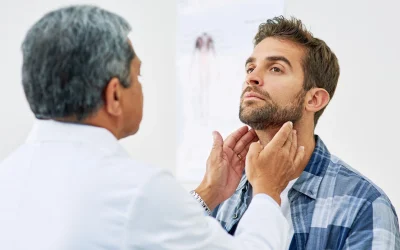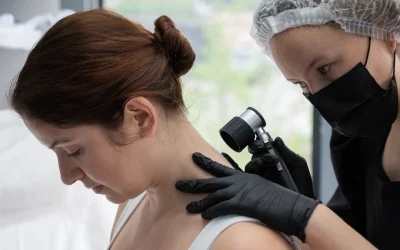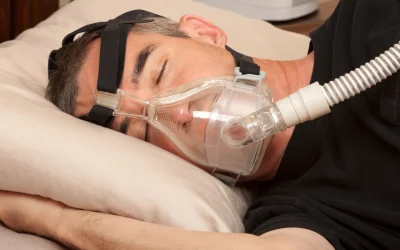Mobile Health Applications for Psoriasis Patient Support
Mobile health applications (mHealth apps) are transforming psoriasis management by providing comprehensive support and resources for patients. These apps enable symptom tracking, allowing patients to log daily symptoms and identify triggers, thereby assessing treatment effectiveness. Medication reminders ensure consistent adherence to prescribed treatments, while educational resources empower patients with knowledge about their condition.
mHealth apps often include photographic records, enabling patients to upload photos of affected areas for remote monitoring by healthcare providers. Telehealth integration facilitates virtual consultations, making care accessible for patients with mobility issues or those in remote areas. Features such as gamification and personalized notifications enhance patient engagement and adherence, motivating patients to stick to their treatment plans.
As these digital tools evolve, they promise to further enhance psoriasis care through innovations like AI, wearable technology, and virtual reality.
The Role of mHealth Apps in Psoriasis Management
Key Features of Psoriasis mHealth Apps
- Symptom Tracking: Patients can log daily symptoms such as itching, redness, and scaling. This data helps in identifying triggers and assessing the effectiveness of treatments.
- Medication Reminders: Consistent medication adherence is crucial. These apps can send reminders to patients, ensuring they take their prescribed treatments on time.
- Educational Resources: Access to reliable information about psoriasis helps patients understand their condition better and empowers them to manage it effectively.
- Photographic Records: Patients can upload photos of affected areas, allowing healthcare providers to monitor changes over time without the need for frequent in-person visits.
- Telehealth Integration: Some apps offer telehealth features, enabling virtual consultations. This is especially beneficial for patients with mobility issues or those living in remote areas.
Enhancing Patient Engagement and Adherence
- Gamification: Incorporating game-like elements such as rewards and badges for completing daily logs or adhering to medication schedules can motivate patients.
- Personalized Notifications: Tailored messages and reminders can keep patients engaged and informed about their treatment progress.
- Community Support: Many apps offer forums or chat features where patients can connect with others going through similar experiences. This sense of community can provide emotional support and encouragement.
Improving Communication Between Patients and Healthcare Providers
- Real-Time Data Sharing: Patients can share their symptom logs and photos with their healthcare providers in real-time, allowing for timely adjustments to treatment plans.
- Remote Monitoring: Healthcare providers can monitor patient progress remotely, reducing the need for frequent office visits and allowing for quicker interventions if issues arise.
- Feedback Loops: Providers can offer feedback and support through the app, ensuring that patients feel heard and cared for.
Case Studies: Success Stories of mHealth Apps in Psoriasis Care
- MyPsoriasisTeam: This app provides a social network specifically for individuals with psoriasis. It allows users to connect, share experiences, and offer support to one another.
- PsoriasisCalc: Designed for healthcare providers, this app helps in calculating the Psoriasis Area and Severity Index (PASI) score, streamlining the assessment process.
- Dermio: A teledermatology app that allows patients to consult with dermatologists through their smartphones, ensuring timely and convenient access to care.
Overcoming Barriers to mHealth Adoption
- Digital Literacy: Not all patients are tech-savvy. It’s essential to provide training and support to help them navigate these apps effectively.
- Privacy Concerns: Ensuring patient data is secure and confidential is paramount. Choose apps that comply with HIPAA regulations and have robust security measures in place.
- Integration with Existing Systems: For healthcare providers, integrating mHealth apps with existing electronic health record (EHR) systems can be cumbersome. Opt for apps that offer seamless integration to streamline workflows.
The Future of mHealth Apps in Psoriasis Care
- Artificial Intelligence (AI): AI can analyze patient data to predict flare-ups and suggest personalized treatment plans.
- Wearable Technology: Integration with wearable devices can provide continuous monitoring of vital signs and skin conditions, offering a more comprehensive view of the patient’s health.
- Virtual Reality (VR): VR could be used for patient education, providing immersive experiences that help patients understand their condition and treatment options better.
Summary and Suggestions
Mobile health applications are revolutionizing the way we manage chronic conditions like psoriasis. By enhancing patient engagement, improving communication, and providing valuable resources, these digital tools are paving the way for better patient outcomes.

















